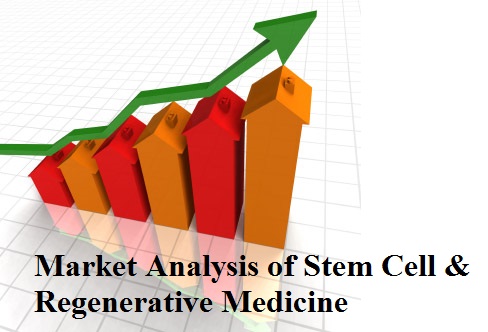Dilara Akcora-Yildiz
Mehmet Akif Ersoy University, Turkey
Biography
Dilara Akcora Yildiz is an Assistant Professor at Biology Department, Mehmet Akif Ersoy University. She has been the Vice Director at the Institute of Science and Technology since 2016. She graduated from the Biology Department, Faculty of Science, Ege University, Turkey in 2004. She received her master’s degree from the Medical Biology Department, Faculty of Medicine, Ankara University, Turkey in 2007 and studied the effect of T315I, E255K and M351T mutations in imatinib resistance in chronic myeloid leukaemia patients. In the same year she was awarded with a Postgraduate Education Scholarship in Australia by the Ministry of National Education of Turkey (MEB) (2008-2012). She then earned her Ph.D. degree in intestinal stem cell biology at Department of Pathology at The University of Melbourne in 2012 under the supervision of Prof. Dr. Robert G. RAMSAY. During her doctoral studies, she characterized the role of colony stimulating factor 1 receptor-ligand pair (Cfms/CSF1) and granulocyte macrophage colony-stimulating factor (GM-CSF) in intestinal biology. She was the principal investigator of a research project titled as ‘The effect of WRN and MGMT proteins which play a role in DNA repair on drug resistance occured in Multiple Myeloma disease’ and supported by The Scientific And Technological Research Council Of Turkey (TUBITAK - 3501 National Young Investigator Career Development Program). She is currently working as an investigator in other projects focused on brain tumors, cancer stem cells and antibody production. Dr. Akcora Yildiz was a participant at 9th HOPE Meeting with Nobel Laureates in 2017. Her research interests include stem cell biomarkers, DNA repair mechanisms, apoptosis and autophagy signaling in cancer biology.

